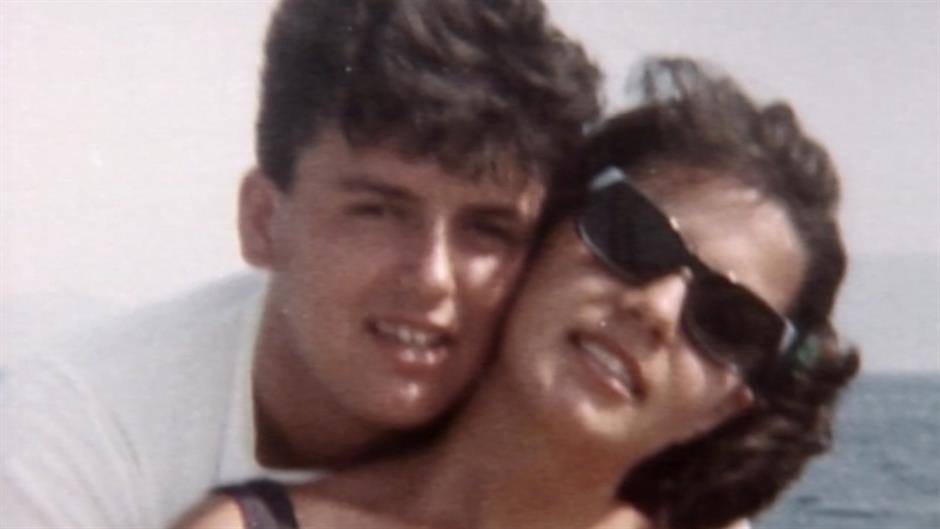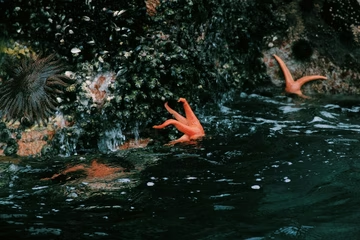Tuesday marks 28th anniversary of the death of Sarajevo's 'Romeo and Juliet'

The 28th anniversary of the tragic death of ‘Sarajevo’s Romeo and Juliet’ - Bosnian Serb Bosko Brkic and his Muslim Bosniak girlfriend Admira Ismic - who died together as they tried to flee the besieged city and start a new life somewhere in peace and without ethnic divisions, is marked this Tuesday.
Oglas
They were killed by a sniper on May 18, 1993, while running through 'no man’s land' at the front line that divided the government-held centre of the city and Serb-held neighbourhood of Grbavica.
Bosko was shot first but Admira refused to leave his side. The woman laid down next to the dying body of her lover and hugged him. Then the sniper shot her too.
For days their bodies were laying embraced at no man’s land next to the Vrbanja bridge while UN peacekeepers were negotiating with the warring factions a short ceasefire just to pick them up.
Eventually, peacekeepers removed their bodies and drove them to the Serb-held suburb of Lukavica where they were buried.

After the war ended, the two families agreed to relocate their remains to the 'Lion' cemetery in Sarajevo where they were finally laid to rest together.
Who killed them remains a mystery, but their story was first reported by Reuters correspondent Kurt Schork who nicknamed them Romeo and Juliet. Schork was killed seven years later while reporting from Sierra Leone.
Before he died, he requested that if anything happens to him, he wants to be buried next to his heroes in Sarajevo. After he was cremated, half of his ashes were buried in his family tomb in Washington, where he lived, and the other half next to the tomb of Bosko and Admira.
Bosko and Admira met in Sarajevo in 1984.
Bosko’s parents warned their son to leave the city which was facing a war in 1992. He refused, as he wanted to stay with Admira.
They met in the year of the "Sarajevo Olympics" - 1984 when something special flourished in this city.
They spent nine years together. As Bosko was a Serb, Admira a Bosniak that never was an obstacle to their parents either because that is how people lived in Sarajevo.
Their story was first written by the famous Reuters journalist Kurt Schork, a war reporter who himself was killed exactly seven years later in Sierra Leone where he also reported on the conflicts.
After his body was cremated, part of the ashes was buried in Washington, where he lived, and the other part next to the tomb of Bosko and Admira in Sarajevo's 'Lion' Cemetery, where the remains of many Sarajevans killed during the 1992-1995 siege lie.
This love story is Sarajevo’s inspiration for multi-ethnicity and hope that love is stronger than hatred and war.
Kakvo je tvoje mišljenje o ovome?
Učestvuj u diskusiji ili pročitaj komentare
Oglas
Kakvo je tvoje mišljenje o ovome?
Učestvuj u diskusiji ili pročitaj komentare
Oglas
NAJČITANIJE
Oglas
Oglas
Najnovije
Oglas
Oglas





 Srbija
Srbija
 Hrvatska
Hrvatska
 Slovenija
Slovenija



























































